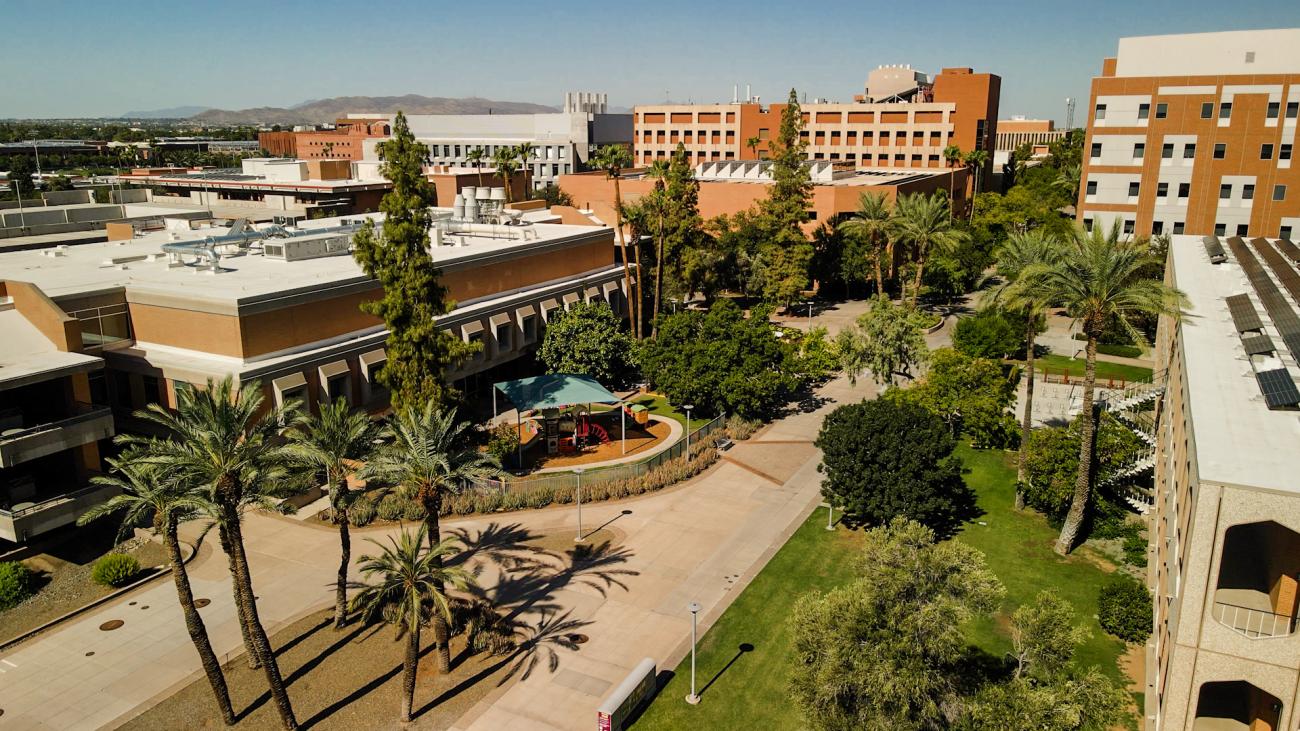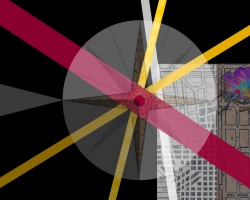
Decision Neuroscience Laboratory (McClure)

The Decision Neuroscience Laboratory investigates the brain processes that underlie valuation and decision-making in people. We aim to understand the function of individual brain system in how they represent and learn information about available rewards. To do so, we conduct behavioral and neuroimaging (fMRI and EEG) experiments and relate findings to computational models of brain function. We also investigate how brain systems interact during decision involving self-control and competitive social interactions. Our ultimate goal is to describe such decisions in terms of the neural processes that give rise to behavior.

Ongoing projects include:
- Function of the human midbrain dopamine system
- Neural basis of delay discounting
- Decision making in competitive social environments
Lab Director and Principal Investigator:
Samuel McClure, PhD, Associate Professor of Psychology
Dr. McClure's research focuses on reward processing and executive control in human decision-making. He approaches these problems using a combination of human neuroimaging (fMRI and EEG), behavioral studies, and computational models. His research has made fundamental contributions to understanding the function of the human dopamine system in learning and decision-making. These contributions include novel methodologies that permit direct measurement of activity from dopaminergic nuclei using fMRI. Additionally, he has investigated the interaction between brain reward systems and regions of neocortex implicated in executive control. His research in this area has elucidated neural interactions that underlie self-control processes as well as mechanisms underlying competitive behavior in social interactions. Research in McClure's lab group continues to use computational and neuroimaging approaches to understand developmental and individual differences in self-control. For more information on how to join the lab, contact Dr. McClure.
Dr. McClure's Previous Lab Alums: Where are they now?
Gabe Aranovich, Postdoc, Gazzaley Lab, UCSF
Courtney Caccavo, MBA student, Columbia University
Daniel Hawes, Postdoc, University of Hamburg
Kelly Hennigan, Postdoc, Brian Knutson and Keith Humphreys, Stanford University
Ariel James, Graduate student, U Illinois, Urbana-Champaign
Kiefer Katovich, Data Scientist, Lumos Labs (Lumosity)
Bokyung Kim, Instructor, San Jose State University
Anthony Liatsis, Software Engineer, RelateIQ
Danny McKay, Resident Manager, Genesis Recovery San Diego
Eric Miller, Data Analyst, Electronic Arts
Peter Radu, Graduate Student, UC Berkeley
Christian Rodriguez, Data Analyst
Andres Sanchez, Graduate Student, University of British Columbia
Maya Shankar, Senior Science Advisor, White House OSTP
Shayla Silver-Balbus, Law Student, Stanford University
Allison Stuppy, Graduate Student, Yale University
Arjun Talwar, Filmmaker
Grace Tang, Data Scientist
Te Thamrongrattanarit, Graduate Student, Brandeis University
Wouter Van den Bos, Max Planck Institute for Human Development
Matthaeus Weinhardt, Law Student, Stanford University
Van den Bos, W., Rodriguez, C.A., Schweitzer, J., McClure, S.M. (2015) Adolescent impatience decreases with increased fronto-striatal connectivity. Proceedings of the National Academy of Sciences 112(29): E3765-74.
Hennigan, K., D’Ardenne, K., McClure, S.M. (2015) Distinct midbrain and habenula pathways are involved in processing aversive events in humans. Journal of Neuroscience 35(1): 198-208.
McClure, S.M., Bickel, W.K. (2014) A dual systems perspective on addiction: Contributions from neuroimaging and cognitive training. Annals of the New York Academy of Sciences 1327: 62-78.
Van den Bos, W., Rodriguez, C., Schweitzer, J.B., McClure, S.M. (2014) Connectivity strength of dissociable striatal tracts predicts individual differences in temporal discounting. Journal of Neuroscience 34(31): 10298-10310.
Magen, E.*, Kim, B.*, Dweck, C.S., Gross, J.J., McClure, S.M. (2014) Behavioral and neural correlates of increased self-control in the absence of increased willpower. Proceedings of the National Academy of Sciences USA 111(27): 9786-9791.
Fassbender, C., Houde, S., Silver-Balbus, S., Ballard, K., Kim, B., Rutledge, K.J., Dixon, J.F., Iosif, A.M., Schweitzer, J.B., McClure, S.M. (2014) The decimal effect: Behavioral and neural bases for a novel influence on intertemporal choice in healthy individuals and in ADHD. Journal of Cognitive Neuroscience 26(11): 2455-2468.
Van den Bos, W., Talwar, A., McClure, S.M. (2013) Neural correlates of reinforcement learning and social preferences in competitive bidding. Journal of Neuroscience 33(5): 2137-2146.
McClure, S.M., Laibson, D.I., Loewenstein, G., Cohen, J.D. (2004) Separate neural systems value immediate and delayed rewards. Science 306: 503-507.
McClure, S.M.*, Li, J.*, Tomlin, D., Cypert, K.S., Montague, L.M., Montague, P.R. (2004) Neural correlates of behavioral preference for culturally familiar drinks. Neuron 44: 379-387.
McClure, S.M., Berns, G.S., Montague, P.R. (2003) Temporal Prediction Errors in a Passive Learning Task Activate Human Striatum. Neuron 38: 339-346.
Click here to view.